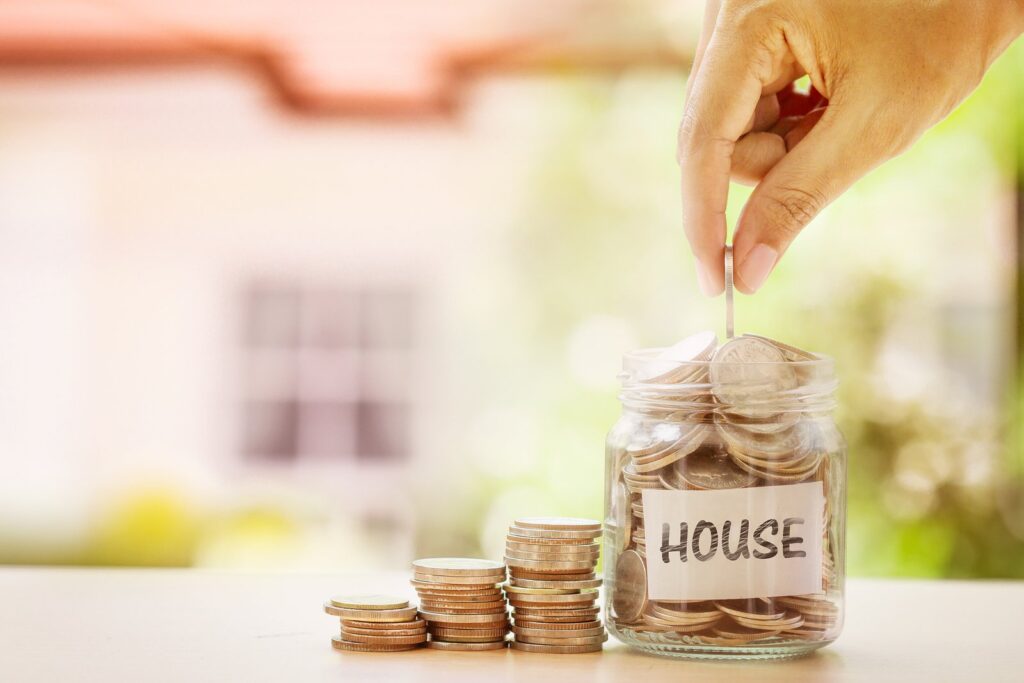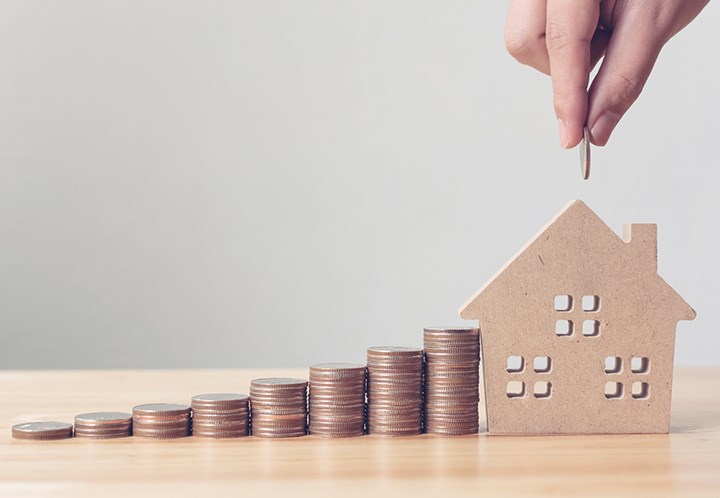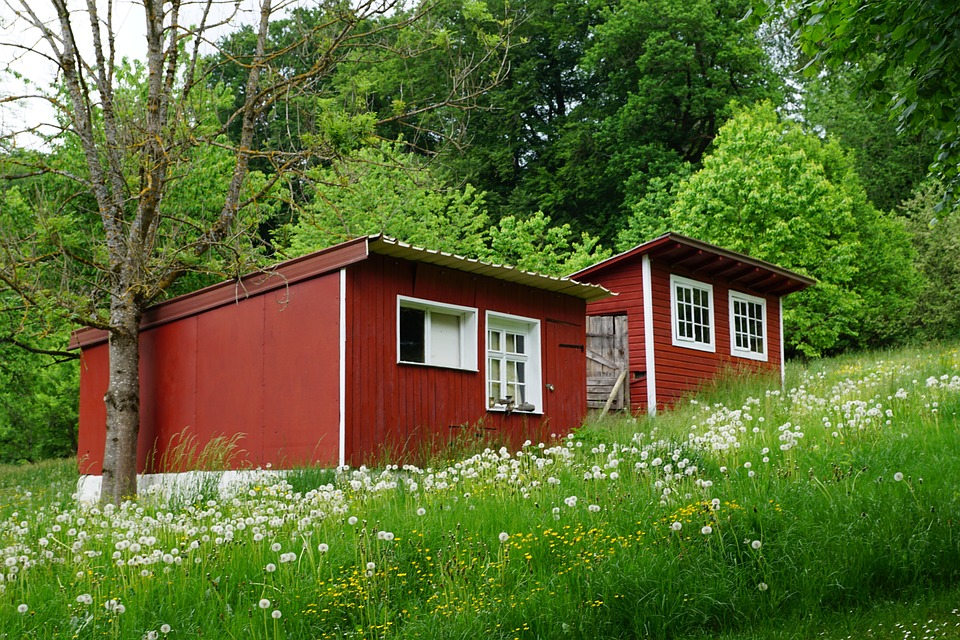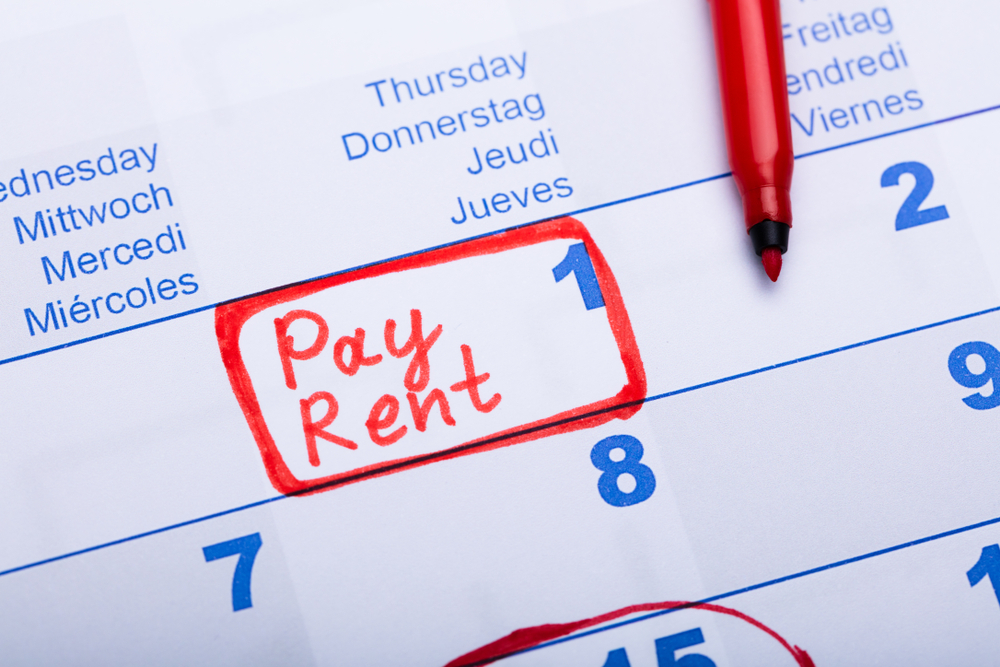Do you dream of purchasing a house in the future? If so, you have probably heard that it can be expensive and challenging to save up money for a house. Even though that is true, there are tips you can follow to make it easier. It is important for you to listen to experts who can help you plan your finances accordingly. That way, you will have an easier time saving money that you can use to purchase your first house. What are a few of the most important tips you need to follow if you are interested in buying a house one day? Take a look at a few important points below, and do not hesitate to reach out to an expert who can help you.
Tips on Saving Money for Your First House
1. Have a Goal in Mind

There is a saying that if you aim small, you will miss small. What this means is that you need to have a budget in mind when you are trying to save up money for a down payment on a house. How much money do you want to save before you can purchase your first house? Are you trying to save up $10,000? Are you trying to save up $20,000? You need to have some sort of budget in mind. That way, you understand exactly how much money you can put toward your down payment every month. Then, you will also have a month by which you want to reach your goal. If you are curious about how much money you need to save to purchase a house, it would be our pleasure to help you.
2. Know if You Qualify for Programs With Lower Down Payments
As a rule of thumb, people often try to put down 20 percent of the purchase price of the house. In some cases, this could be tens of thousands of dollars. It might make it very difficult for you to save up money to purchase a house, but there are programs that might let you qualify for a down payment with a smaller amount.
Some of the most important options you may want to consider include:
- VA Loan: If you are a veteran of the military, you may qualify for a VA loan. Under this program, you might be able to purchase a house for zero percent down. You should reach out to the VA or your local lender to see if you qualify for this type of loan.
- USDA Loan: If you plan on purchasing a house in a rural area, or if you plan on using the land for specific purposes, you may qualify for a USDA loan. This is a loan that is backed by the USDA, and it might allow you to purchase a house for 0 percent down.
- FHA Loan: If you are purchasing a house for the first time, you may qualify for a first-time home buyer loan under the FHA. Under the terms of this program, you may be able to purchase a house for as little as 3.5 percent down.
These are just a few of the many options that you have available. Make sure you consider all of your choices before you decide where and how you want to take out your first home loan.
3. Find Ways to Cut Your Utility Bills
You may also want to explore ways to cut your utility bills. You may not realize just how much money you are spending on your utilities every month, and there are ways for you to save money. For example, if you are still paying for cable every month, you may want to consider switching from cable to a streaming service. You might be able to save more than $100 every month.
You should also consider how much electricity, gas, and water you are using. For example, you may want to change your thermostat by just a little bit. That way, you can reduce the amount of energy your HVAC uses every month. Do not forget to turn off the light when you leave the room, and make sure you do not run the water any longer than you have to. If you can reduce your utility bills, you will have more money you can save up for your home.
4. Avoid the Impulse Purchase

It is tempting to fall prey to the impulse purchase. If there is a shiny object in the window, you may want to purchase it, particularly if it is only a few dollars. Even though it might not seem like a lot of money, these purchases can add up quickly in the span of just a few weeks. You may not realize that you have spent a few hundred dollars on impulse purchases by the end of the month. If you are serious about saving up money for a home, you need to find ways to avoid the impulse purchase. That way, you have extra money you can put towards your house every month.
5. Put Your Savings in a Different Account
One of the biggest problems that people have when they are trying to save up money for a house is that they spend all of the money in the account and then they save what is left. This is the wrong approach to take. Instead, you need to save the money you need for your house first and then spend what is left over. If you want to avoid spending all the money you have in your account, you should consider directing your savings to a different account. That way, you never even see the money, and you will not be tempted to spend it.
6. Improve Your Credit Score
Finally, if you want to put yourself in the best position possible to qualify for a home loan when you apply, you need to improve your credit score. Even improving your credit score by just a few points can make a significant difference in your ability to get approved. Remember that you are allowed to ask for one free copy of your credit report every year. You need to do so because you want to make sure there are no mistakes on your credit report. Then, you need to make sure you get those issues corrected before you apply for a home loan. The higher your credit score is, the better your chance of being approved.






